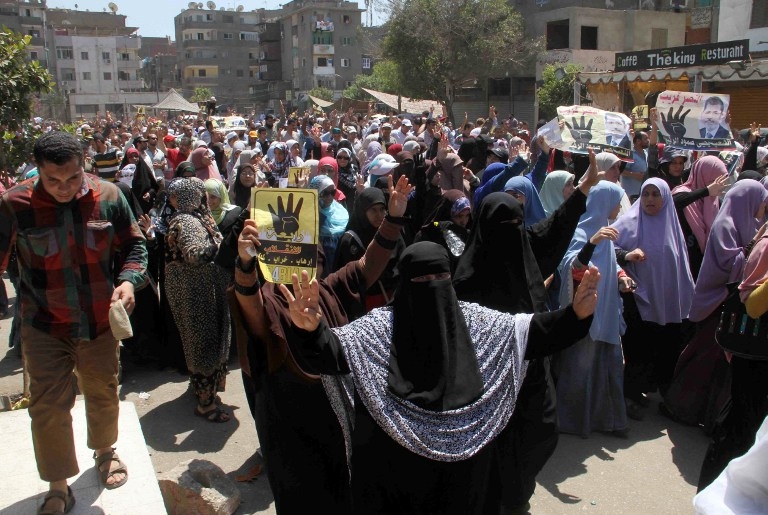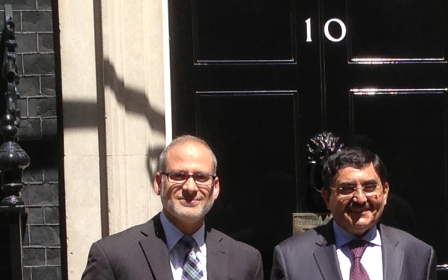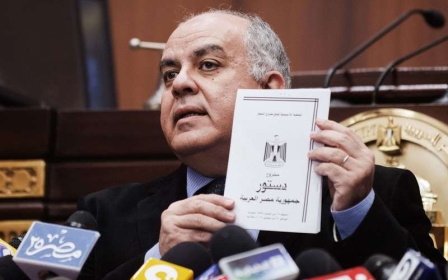UK review clears Muslim Brotherhood of terrorist links: solicitor

Despite recent media reports claiming that Downing Street plans to crackdown on the Muslim Brotherhood, lawyers representing the group say a review into the organisation's activities has cleared them of terrorist links.
Sources close the Whitehall's investigation of the Muslim Brotherhood, launched in April, told ITN Solicitors that there is "no evidence of links between the Muslim Brotherhood and acts of terrorism," according to a statement from the law firm released on Thursday.
However, on Sunday, The Telegraph reported that the UK government planned to initiate an "Al Capone method of law-enforcement" after the review revealed a complex web of 60 organisations in the UK with links to Muslim Brotherhood.
"Given the concerns now being expressed about the group and its alleged links to extremism and violence," a Cabinet Office source told The Telegraph, "it's absolutely right and prudent that we have a more thorough understanding of the group and its impact on both our national security and on our interest in stability and prosperity in the Middle East."
The report in The Telegraph, published with several related pieces under the newspaper's newly launched Stop the Funding of Terror campaign, cited former M16 Chief Sir Richard Dearlove as an advisor to the review as well as academic Lorenzo Vidino as someone who had "worked on the Cabinet Office report".
“It is clear that the Brotherhood has many dark spots, ranging from its ambiguous relationship with violence to its questionable impact on social cohesion in Britain,” Vidino was quoted in the piece as saying.
But neither Dearlove, nor Vidino have worked on the review as the report claimed, according to ITN Solicitors. Vidino told MEE this week that he has not read the review and said The Telegraph incorrectly portrayed his role in the investigation.
“There is a legitimate concern that despite the findings of the review,” ITN Solicitors said in its statement, “that the goalposts are changing.”
It is unclear when the review will be published, but it was widely reported to have been completed in July. Representatives of the Muslim Brotherhood have offered to meet with UK Home Secretary Theresa May and Foreign Secretary Philip Hammond to discuss its findings, according to ITN.
It was in April that UK Prime Minister David Cameron ordered the investigation into whether an attack on tourists in Egypt was organised by the Brotherhood in Britain. Cameron came under a hail of criticism when it was revealed that he had appointed Sir John Jenkins, the UK ambassador to Saudi Arabia, to head the review.
Middle East Eye propose une couverture et une analyse indépendantes et incomparables du Moyen-Orient, de l’Afrique du Nord et d’autres régions du monde. Pour en savoir plus sur la reprise de ce contenu et les frais qui s’appliquent, veuillez remplir ce formulaire [en anglais]. Pour en savoir plus sur MEE, cliquez ici [en anglais].




